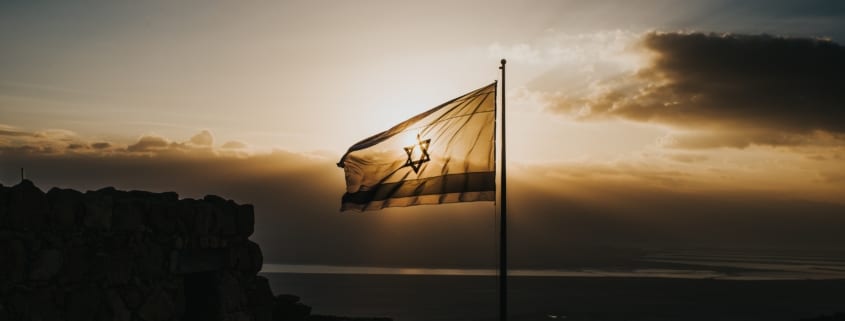The Maccabees and Hanukkah
The Maccabees and Hanukkah
One of the brothers, speaking for the others, said: “What do you expect to learn by questioning us? We are ready to die rather than transgress the laws of our ancestors.”
2 Maccabees 7:2
Seven sons had been captured by the Syrians in 200 BC. They were being tortured in front of their mother. The oldest and first son was told to eat pork, to which the son would not relent and said, “What do you expect to learn by questioning us? We are ready to die rather than transgress the laws of our ancestors.” After his refusal, he was tortured and murdered.
So it went with the other six.
Each were asked to break the Jewish custom of not eating pork. The final son said, “My brothers are dead under God’s covenant of everlasting life.” After the seven had been put to death, their mother, Hannah, was also killed.
The Syrians ruled Jerusalem and its surrounding territories at the time of this story. They had come to rule the Israelites by taking over the lands in the Middle East that Alexander the Great had conquered two centuries earlier. In the aftermath of Alexander’s death, much of what he had conquered fell into the hands of other rulers.
The Syrians believed they could control the native Jewish population by eradicating their customs and beliefs. Beyond insisting that pork be eaten, they also desecrated the great temple of Jerusalem. In the famous hall of the Holy of the Holies they set up a gymnasium where men would work out naked. This was an abomination to the pious Jewish population.
Every aspect of Jewish life was put to the test.
Naturally over time, the Jewish population either succumbed or rebelled. At the center of the rebellion was a man named Mattathias. Mattathias was a local priest from a town near Jerusalem. He protested both those who were collaborating with the Syrians and the Syrians themselves. After one particular incident when he forcefully struck a collaborator and killed a Syrian official, he fled with his sons to the hills. There in the hills, the rebellion took hold with many joining Mattathias.
The struggle went on for a few years and Mattathias died. His son Judas took over. Judas led a successful rebellion and, in 164 BC, claimed victory by retaking the great temple in Jerusalem. Many who’d helped and participated in the rebellion noticed Judas’s forcefulness and called him Maccabee. In English this means the hammer. The name was passed on to the rest of Judas’s family as well, including his deceased father.
Hanukkah, or the Festival of Lights, comes from the events of recapturing the temple. The priests who had entered the reclaimed temple believed they had only one day’s supply of oil to light what has become known as the menorah. But the oil provided eight days of light.
Today, Jewish people throughout the world celebrate the retaking of temple and the miracle of the oil during the period now known as Hanukkah. For eight evenings, they read verses and light the menorah. It is also a time of gift-giving— traditionally, a present is given each night.
The most important Jewish holiday is not in the Tanakh
The full story of this event in Judaic history can be found in the two Bible books called 1st and 2nd Maccabees. But here is where the story gets a little more interesting: the Maccabees do not appear in the Tanakh or, as Christians call this section of their Bible, the Old Testament. It might seem unusual that the story of one the most important Jewish holidays is not in the Tanakh. But the book of the Maccabees was not fully written by the time of the completion of the Tanakh, in 93 AD.
To further add more color, the Protestant version of the Old Testament also does not include the Maccabees. It is only found within the Catholic version of the Bible. While there are many theories on why this is, many are obscure and create more confusion than provide answers. Another Bible does exist—called the Harper Collins Study Bible—which includes the Maccabees and other non-canonical books. This Bible is one of many theological schools use in their curriculum. It is not included as a point of deciding what books should have been included in the Bible, but to ensure the students’ awareness of these disputed books.
The point of this article is also not to give an opinion of whether or not the Maccabees should be in all Bibles but to tell the history behind Hanukkah and its origin. It is a story of a people who would not submit to human demands but remained loyal to the values of God. By doing so, and though at times things may appear dire, victory is still assured. Certainly, human foes can be mighty, but the lesson of the Maccabees is that God is mightier.
Blessings, until next time,
Bruce L. Hartman
Dr. Bruce L. Hartman is the author of Jesus & Co. and Your Faith Has Made You Well.
Photo by Cole Keister on Unsplash
We love to give credit to budding photographers



